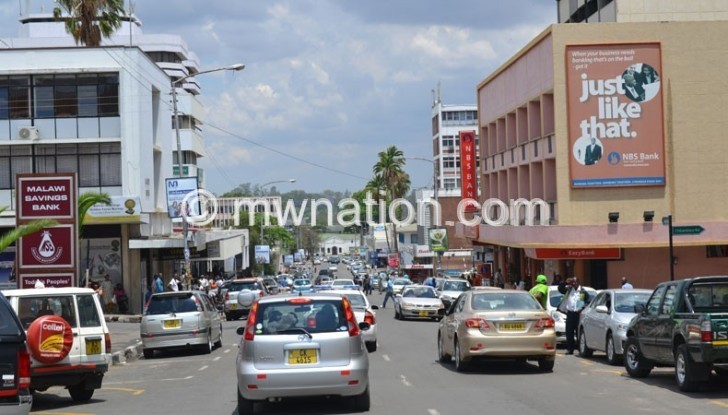Economists challenge banks to be innovative, flexible
Economists have advised commercial banks to be innovative and flexible and rollout information and communication technology (ICT) wholesale to enhance paperless transactions.
This, the economists say, will attract more people into the formal banking sector.

The sentiments come amid reports by the Reserve Bank of Malawi (RBM) that 65 percent of money or about K900 billion, is being kept outside the formal banking system, a situation which is affecting the liquidity system and banks ability to lend money.
In an interview on Thursday, economic statistician Alick Nyasulu said it is inevitable that keeping money outside the banking system affects the liquidity system and funds available for lending.
He said on the contrary, it is a reflection of the failure of the formal credit system to lend to those that need money.
“The cash in the wallet or in pockets is actually fuelling the informal economy that has not been well integrated into formal credit markets. We have examples such as the National Switch (Nat Switch) which has been a flop and an area of concern to members of the public.
“People spend hours in the bank to transact and naturally feel inclined to keep the cash in homes,” he said.
Commenting on the same, economist Gilbert Kachamba, who is also dean of social sciences at Catholic University of Malawi, said as detrimental as having 65 percent cash kept outside the banking system is to the economy, there are certainly reasons people opt not to keep their money with the banks.
“Most people try to cover illegal businesses and avoid tax and this is surely a dent to the economy. Sadly, it is difficult to control this culture, but still banks need to come up with incentives to bring this cash into the banking system,” he said.
Kachamba said banks need to increase interests on savings and find means of reducing time spent on counters to access basic transactions.
RBM spokesperson Mbane Ngwira said the central bank continues to engage the public on various programmes and initiatives to raise awareness on the need to use financial institutions such as banks to keep their money.
“Every now and then, we conduct financial literacy programmes in various organisations where we talk to people on the benefits of keeping money in banks. “Other than this, we are also in the process of introducing Islamic banking to cater for Malawian regardless of religion with the hope that by next year, most banks will have this operational,” he said.





